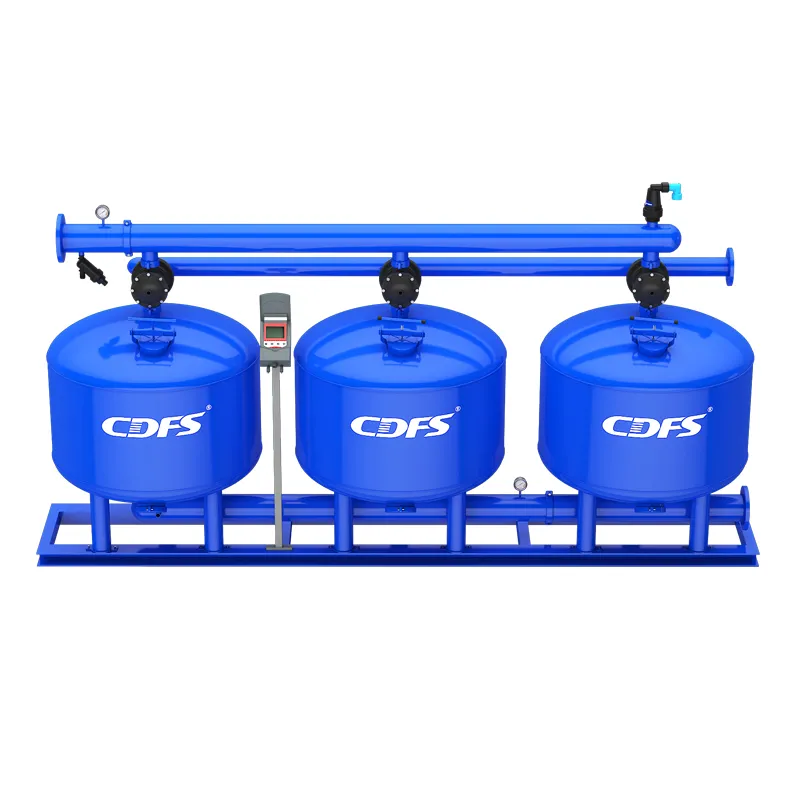
A proper filter removes suspended particles before water reaches emitters, sprinklers, or pipes, ensuring uniform water distribution. Depending on water quality and irrigation methods, users can choose from different filtration systems such as screen filters, disc filters, and media filters.
Despite this variety of options, many users still face performance issues. This happens because they overlook important parameters during the selection process. Finding these errors can help users make more informed decisions.

One of the most frequent mistakes is neglecting the characteristics of the water source. Water from wells, rivers, reservoirs, or recycled sources contains different levels of sediment and organic matter. Selecting a filter without testing water quality often leads to clogging or insufficient filtration.
A filter that is too small may cause pressure drops, while one that is too large could waste energy and space. Properly designed systems maintain stable pressure and flow. Dawning’s automatic screen and disc filters are designed to handle variable flow conditions while maintaining high filtration efficiency.
Many users assume that finer filtration always results in better water quality. In fact, choosing a fine filter can increase maintenance frequency and reduce system flow. Filtration precision should be determined according to emitter type and irrigation design. The goal is to achieve the right balance between protection and efficiency, not simply to pursue the smallest micron rating.
Traditional filters require frequent manual cleaning. This can lead to downtime and additional labor costs. Automated systems with backwash maintain filtration efficiency even during continuous operation.
Price is a deciding factor for many people. But choosing the cheapest filter can result in hidden costs such as frequent replacements and energy waste. High-quality filtration systems deliver better performance and longer service life.
Selecting the right agricultural filtration system starts with analyzing water quality. This is then followed by determining the necessary flow rate, precision, and automation. There is no doubt that choosing a filter that fits your irrigation design is essential.
Avoiding common mistakes can improve irrigation efficiency. With over two decades of professional experience, Dawning continues to support global agriculture with high-performance filtration systems.
1. What is the most important factor when selecting an agricultural filtration system?
The first step is always to analyze your water source. Understanding the amount and type of impurities in the water will determine which filter type and filtration precision you need.
2. How often should agricultural filters be cleaned?
The frequency depends on the filtration type and water quality. Automatic filters can clean themselves during operation.
3. What is the difference between screen, disc, and media filters?
Screen filters are best for removing large particles. Disc filters provide high-precision filtration for drip irrigation. Media filters are ideal for organic-rich or muddy water sources.
4. Can I use the same filter for different irrigation systems?
Not necessarily. It’s important to match your system with the appropriate filter to avoid clogging or inefficiency.
5. Does Dawning offer customized filtration systems?
Yes. Dawning provides OEM and flexible customization services to meet various agricultural, industrial, and regional water conditions.
